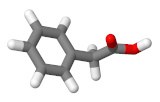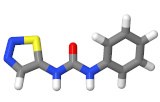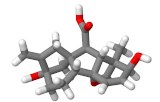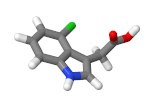Biorbyt
 |
||
Products for advancing your discoveries From antibodies to proteins, biochemicals to ELISA kits, Biorbyt's high quality research products are available for you to enable world class research and contribution to a deeper understanding of life sciences.
A comprehensive catalog of life science research products covering the areas of Neuroscience, Signal transduction, Cell Biology, Cancer Metabolism, Cardiovascular and others
Product range :
Choose from over 100,000 primary antibodies and over 2,000 secondary antibodies. Monoclonals and polyclonals tested in a number of applications - WB, ELISA, IHC, FACS and many more.
Choose from over 7,000 proteins and over 400 active proteins. All of our proteins have been validated for use in ELISAs, WB and IHC-P
We have over 10,000 biochemicals for use in your research.
We have over 2,000 ELISA kits covering many research areas . Each kit comes with a fully detailed protocol and examples of expected results.
Website : https://www.biorbyt.com/
| ||
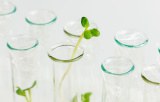
Plant Growth Regulators
Plant Growth Regulators are defined as small, simple chemicals produced naturally by plants to regulate their growth and development. Plant growth regulators (PGR s) are molecules that influence the development of plants and are generally active at very low concentrations. There are natural regulators, which are produced by the plant itself, and also synthetic regulators; those found naturally in plants are called phytohormones or plant hormones.
Plant Growth Regulators can be of a diverse chemical composition such as gases (ethylene), terpenes (gibberellic acid) or carotenoid derivates (abscisic acid). Different hormones can be sorted into different classes, depending on their chemical structures. Within each class of hormone the exact structures vary, but they have similar physiological effects. Initial research into plant hormones identified five major classes: abscisic acid, auxin, cytokinins, ethylene and gibberellins. Based on their action, they are broadly classified as follows:
- Plant Growth Promoters – They promote cell division, cell enlargement, flowering, fruiting and seed formation. Examples are auxins, gibberellins and cytokinins.
- Plant Growth Inhibitors – These chemicals inhibit growth and promote dormancy and abscission in plants. An example is an abscisic acid.


